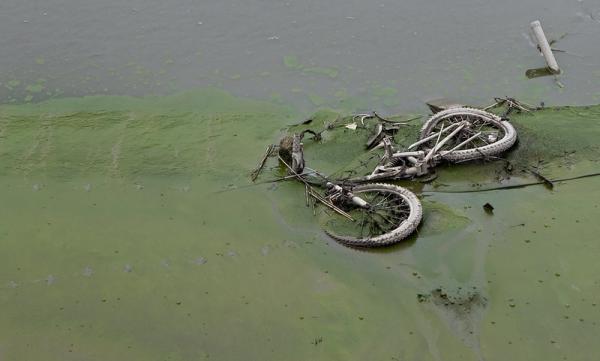
Photo by Karel Julien Cole
By Sylvanian Editorial Board
Hop Hopkins, the director of strategic partnerships for the Sierra Club, recently wrote an editorial for the Sierra Club magazine laying bare the intersection of environmentalism and equity, or conversely, white supremacy and the despoiling of the natural world. While it’s tempting to try to paraphrase his words and put a regional spin on them, what he writes about is a universal problem:
A blogger, Christopher Brown, recently posted about his lifelong pursuit of exploring what we used to call the “great outdoors” from the position he inhabits -- that of being a white male in America -- and his recent and jarring epiphany that not everyone has the privilege of assuming his or her own safety is a given. Mr. Brown provides us with a reading list worth perusing. we’re also reminded of a comment seen on Twitter earlier this year about the upcoming show, Lovecraft Country, that reminds us that being Black in the United States is, indeed, like living in one of Lovecraft’s horror stories, where inconceivable forms of peril can lurk around every corner.
Mr. Hopkins points out that many of us have the luxury of not thinking about air pollution unless we want to. We think about the preservation of our favorite forests and waters, but not about how relocating a power plant out of our township might impact the people who get to live next to it.
It’s possible to get out of our element and recognize that no one has to suffer for us to have the world we want; that this is not a zero-sum game.
We encourage you to read his article.
This blog was included as part of the 2020 Fall Sylvanian newsletter. Please click here to check out more articles from this edition!